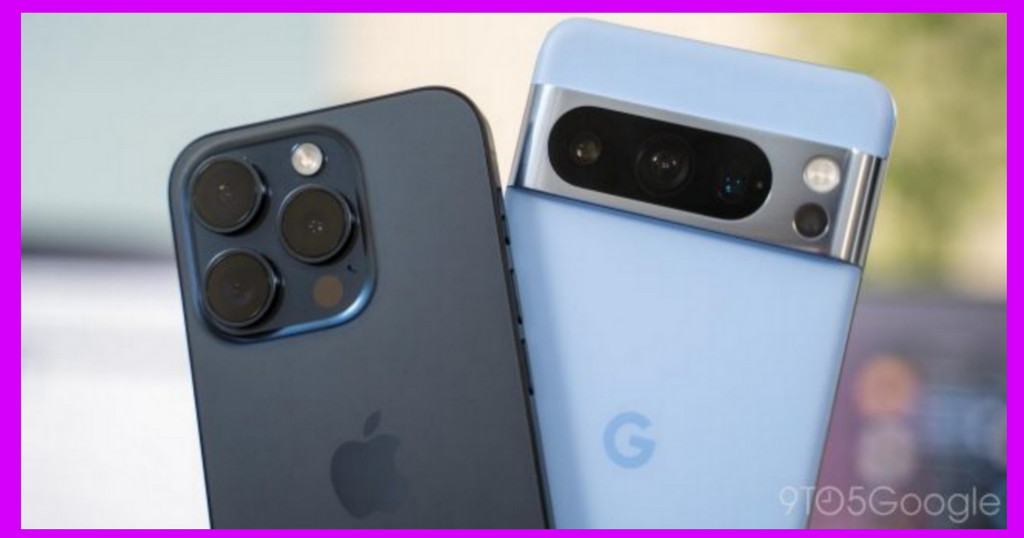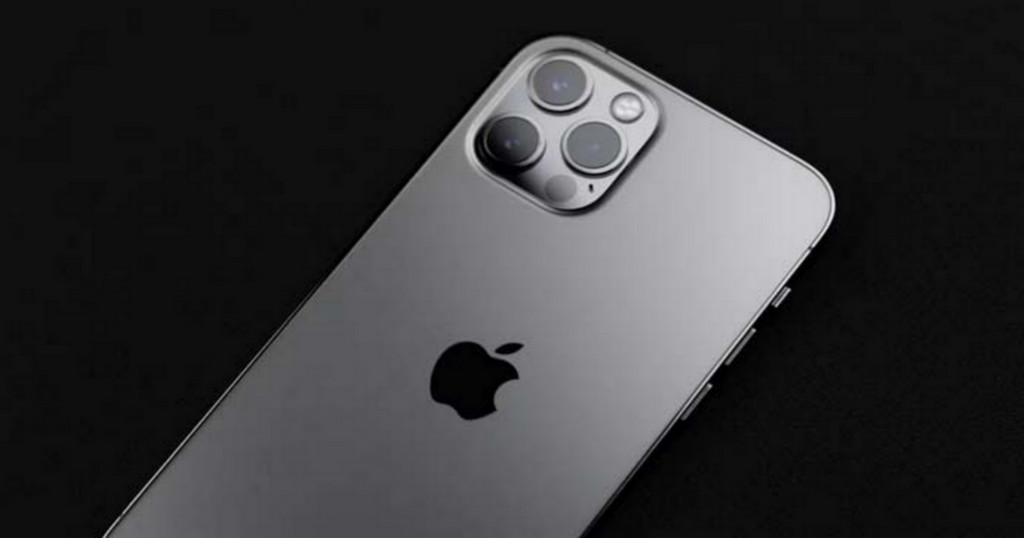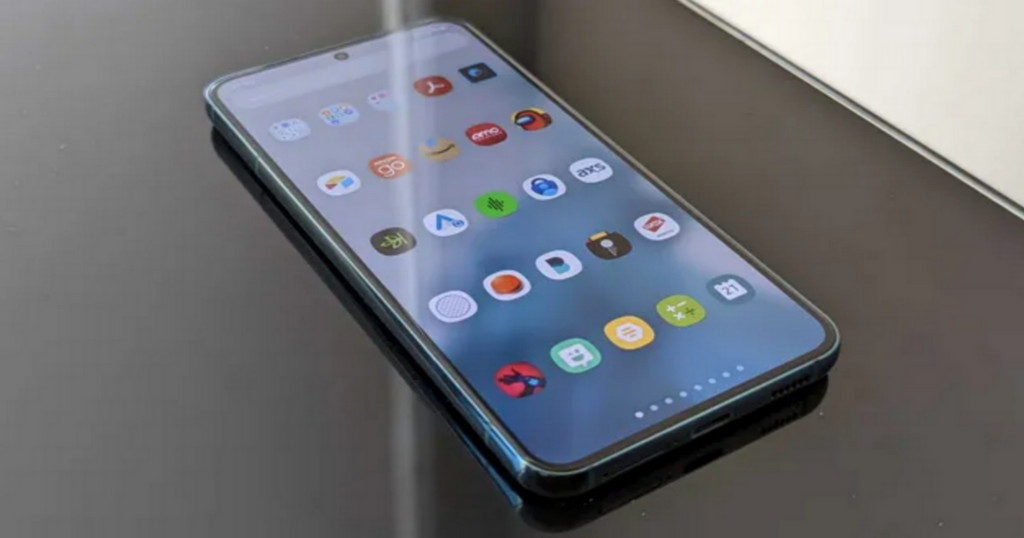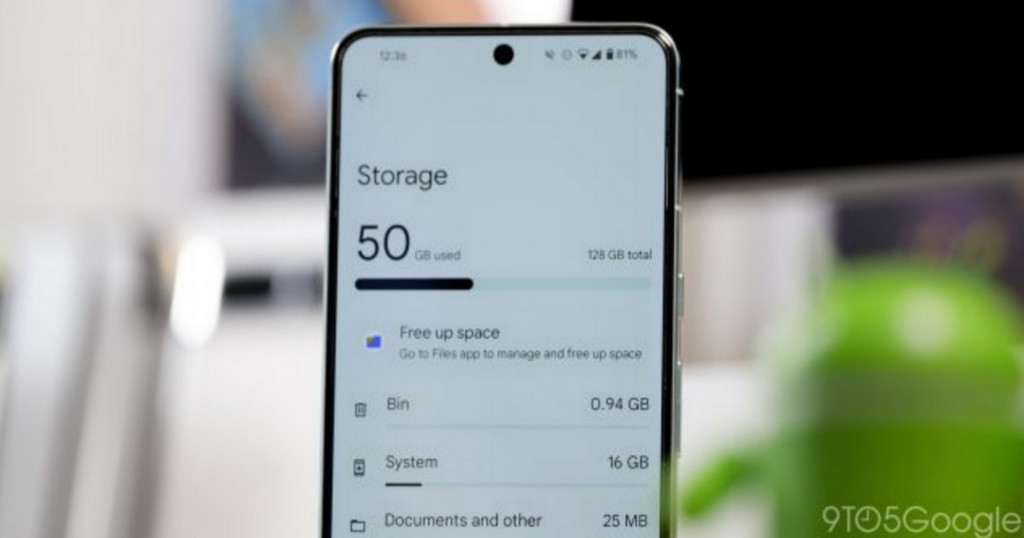






Regardless of whether Apple have a restraining infrastructure over Android, it obviously needs one
This week the US Division of Equity recorded a claim against Apple, charging that the organization has fabricated and keeps an unlawful imposing business model. Whether Apple truly has an imposing business model over Android in the cell phone market is up for the courts to choose, yet what’s reasonable is that Apple truly needs one.
With the iPhone, the DOJ claims that Apple has established a “smartphone monopoly.” At its center, the suit contends that Apple’s activities get clients into the iPhone through a few methods remembering smothering application improvement for iOS, cloud gaming, informing applications and Apple’s own method for informing different stages, for example, Android, obstructing outsider smartwatches and making the Apple Watch contrary with Android, and limiting outsider computerized wallets on iOS.
In a statement provided to 9to5Mac, Apple asserted that it considers the lawsuit to be “wrong on the facts and the law.”
In all honesty, I do not disagree.
It doesn’t seem like that argument will hold up if the DOJ’s main argument is that Apple is a monopoly. Apple, in the customary sense, doesn’t have an imposing business model. Yet, in the event that there’s one thing the case works effectively at, it’s featuring the manners in which Apple has been pushing to turn into a syndication.
There are the models that have fundamentally been rehashed multiple times right now, such as informing. However, the lawsuit also discusses some arguably superior examples. Third-party smartwatches, for instance, are hindered by iOS. iOS contains all of the connections and APIs needed to operate a smartwatch, but unless the Apple Watch is using them, they are essentially useless. It has artificial limitations.
For years, Google has made Wear OS compatible with iOS. However, notifications are limited, voice replies are nonexistent, and the connection frequently breaks because iOS prevents the app from maintaining the connection in the background. My dad utilizes a Montblanc Culmination with his iPhone and needs to reset it habitually in light of the fact that iOS doesn’t get along. I never had a single issue when using the same watch on Android. While I don’t really accept that that Apple giving outsider watches a similar degree of access would truly improve them than the Apple Watch, that just stresses that there’s no great explanation for Apple to keep every other person down.
That was very much featured in a meeting with Beeper’s Eric Migicovsky distributed by Android Police this week. In that meeting, Migicovsky really referred to a greater amount of his time throughout the long term creating and regulating items that worked with iOS, for example, the Rock Watch. He said that numerous new businesses he worked with at Y Combinator “continually kicked against the limitations and impediments of Apple’s Application Store.”
However, I would argue that looking outside of this ongoing lawsuit reveals Apple’s intentions to be significantly more apparent.
In the EU, the new Computerized Markets Act has constrained Macintosh to roll out large improvements to iOS, and keeping in mind that the organization says it’s “completely consenting,” it’s plainly doing as such in a vindictive way. For instance, there’s the organization’s way to deal with sideloading. Apple expects that designers have proactively amassed north of 1,000,000 downloads through a supported commercial center prior to permitting sideloading from a site, yet charges engineers €0.50 per introduce for that sideloaded application. That is extraordinarily unfriendly towards designers, and the EU is appropriately disagreeing with that arrangement. There’s totally a contention for security in the previous two parts of the strategy, however the introduce charges truly don’t seem OK past pushing engineers to simply stay with the Application Store.
Activities like those sign that Apple would rather not think twice about its insight or laid out norms for being serious. As the DOJ says:
To a degree, the DOJ is misrepresenting here. Apple’s decisions don’t necessarily in every case exacerbate its items for shoppers, however in aggravating its items for engineers and others, it seemingly removes a ton from its customers as well. Apple expresses that is chasing the client experience, and that is fair, however not at Apple’s scale.
Scale is what makes the entirety of this a totally different discussion. At the point when you control half of the market, you can’t secure things so hard. Apple’s decisions with things like APIs and the Application Store are straightforwardly threatening towards even the possibility of rivalry, and have been for quite a while. For an examination, we should check Tesla out. The EV producer, particularly at first, was very close about how clients drove their vehicles. You needed to charge at a Tesla station. You needed to have it adjusted by Tesla. ” Outsider” was somewhat of an unfamiliar thought. Furthermore, at a limited scale, that was an advantage to the purchaser. Be that as it may, envision a reality where Tesla holds half of the vehicle market. All of that is no longer beneficial. When a single company suddenly has so much control, the end user suffers because they have fewer options for the product they ultimately purchase.
Likewise, Apple’s strategies and decisions seemingly helped clients in the prior days, however as the organization has developed and the iPhone has truly overwhelmed, particularly the US market, those approaches have begun to turn into an impediment.
Apple truly puts out a few astonishing items and administrations, and they’d totally confront legitimate contest. However, the organization has shown endlessly time again that, at last, it’s not keen on that. Apple says this claim “undermines what our identity is,” and that is unquestionably evident.




